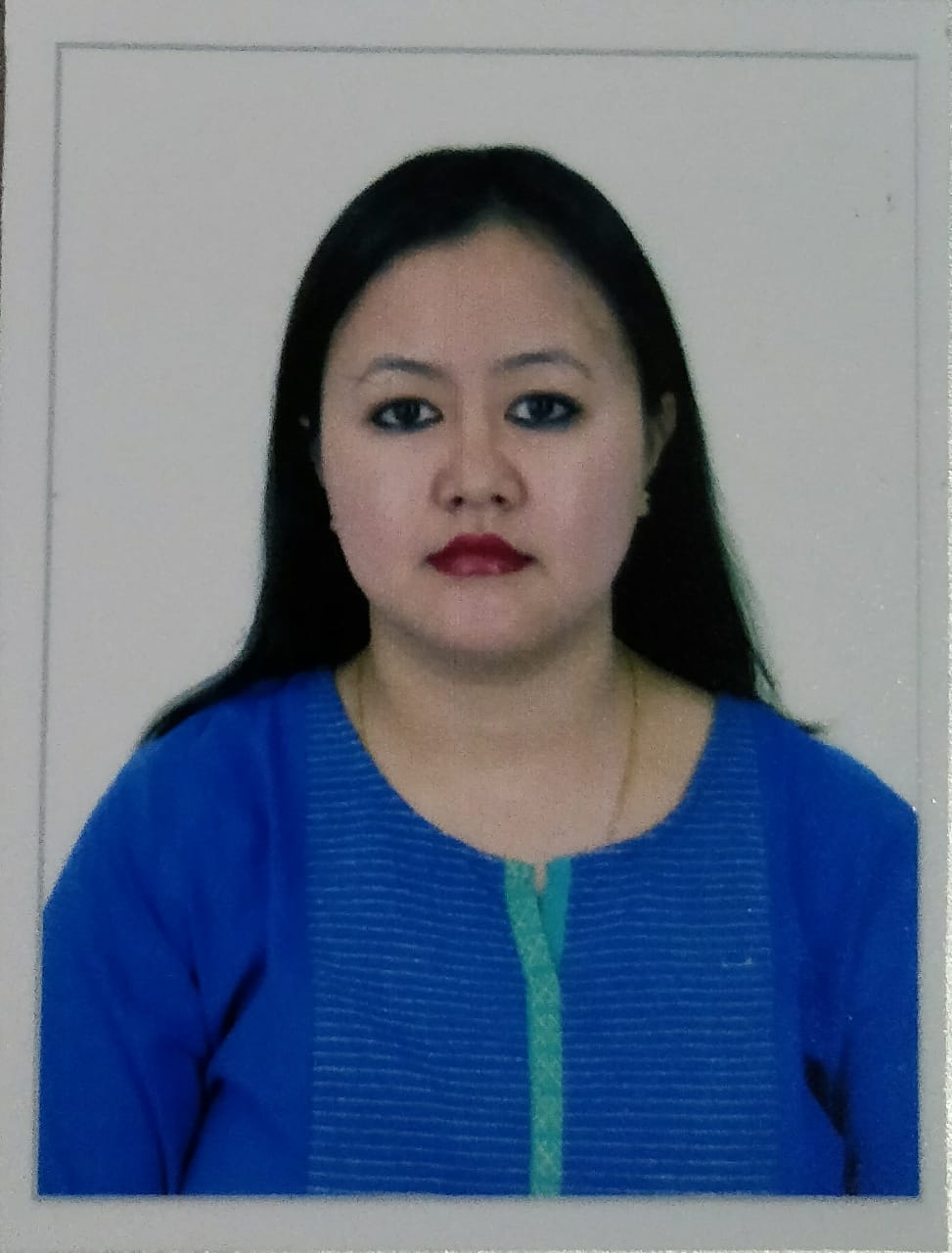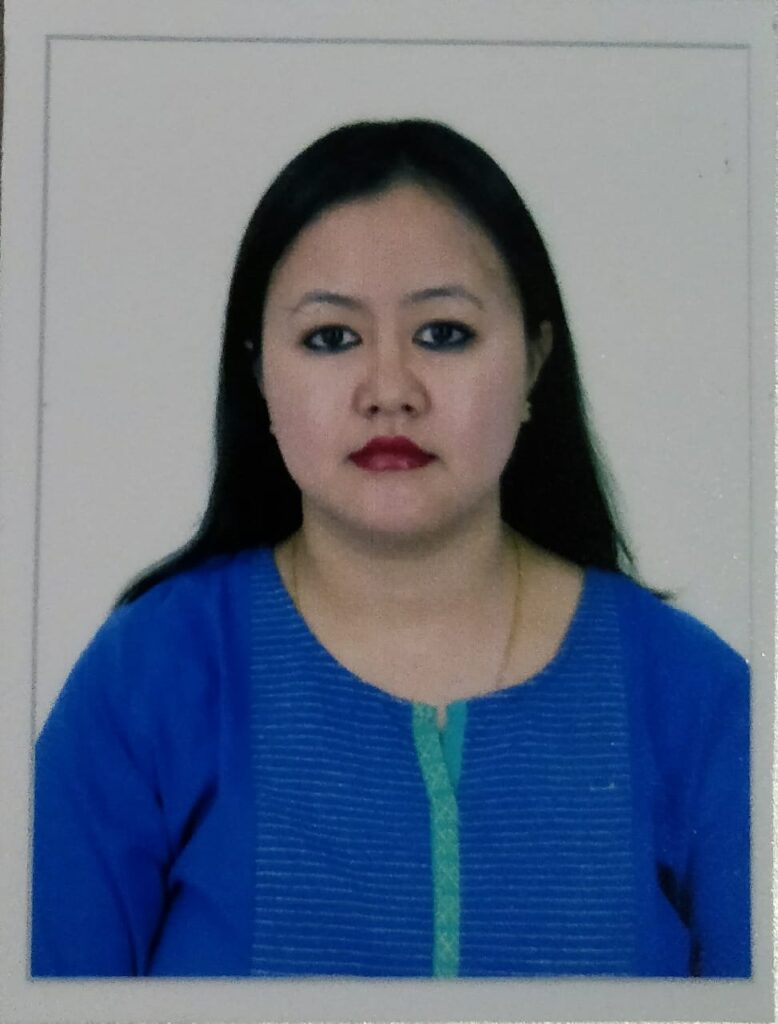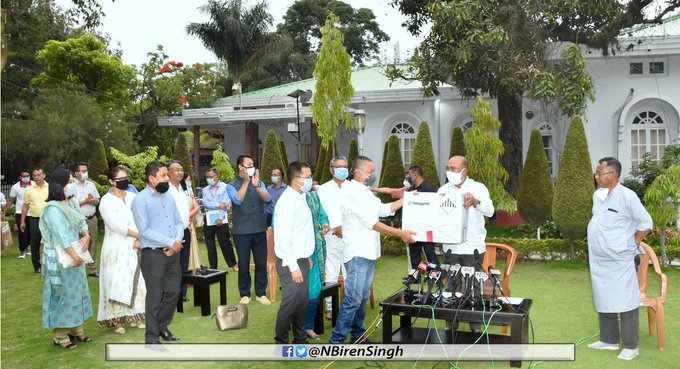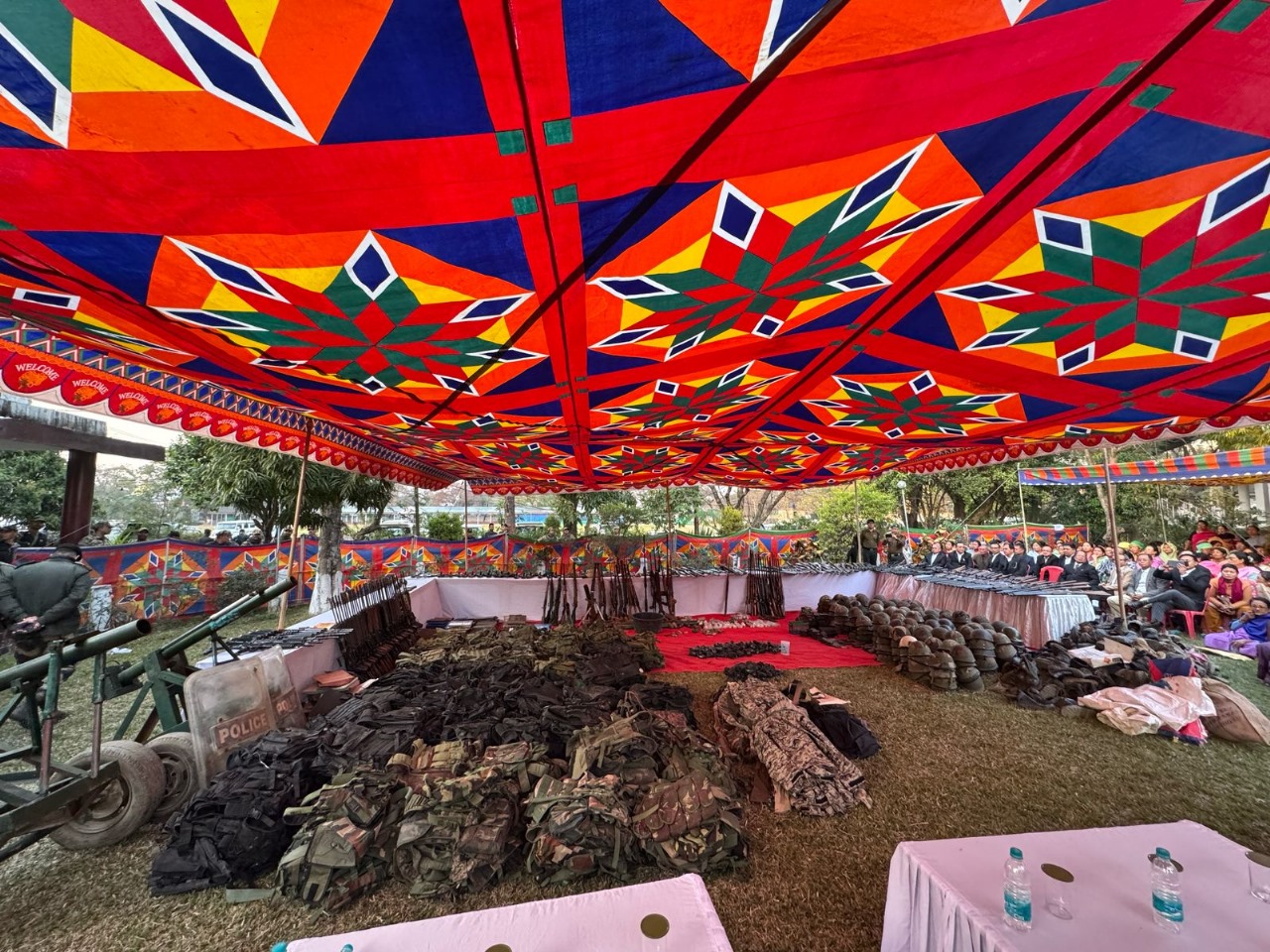Dr. Meesha Haorongbam is a Psychiatrist and Member, Imphal East Psychosocial Support Team.
She writes about the Stigma associated with the affected individuals with any infectious disease
 KRC TIMES Manipur Bureau
KRC TIMES Manipur Bureau

“They beat COVID-19 but not the stigma; kin of over 50 patients refuse to take them home in Hyderabad” screamed the headline of The Indian Express on 29th June 2020. This is just one of the numerous heartbreaking incidents of stigmatization of COVID-19 affected individuals that we’ve come across ever since the outbreak of coronavirus in December 2019. With the increase in the number of cases, there has been a significant increase in the stigmatization of anyone even remotely related to COVID-19. This new wave of social stigma needs to be addressed for stigma has become a major roadblock in India’s path to recovery.
One of the major challenges around any infectious disease has been the deep-seated stigma around the affected individuals. This was seen in the late 20th century with the HIV/AIDS epidemic where stigma and misinformation were the key factors that prevented people from seeking testing and treatment until it was too late for anything fruitful to be done. This was also seen during the SARS epidemic. And we’re seeing the same trend in the current coronavirus pandemic. People tend to avoid talking about disease-related stigma as it exposes their collective prejudices. Some even doubt the existence of such prejudices. But it is only natural to be fearful, concerned, and anxious when an infectious disease outbreak turns into a pandemic. This is more so when the infecting agent is a new virus about which we know very little. Rumours and misinformation run rampant: from who have or may have the disease, how contagious are the people who have recently completed quarantine or been declared COVID-free, to the role of asymptomatic carriers.
Who are at risk of being stigmatised?
People returning from travel, people released from quarantine, people diagnosed with COVID-19 and their family members- basically anyone with even a sliver of connection to the disease. In countries such as the United States, there were numerous reports of people of Asian descent being stigmatised. In India, we saw people of North-Eastern states being taunted with the name “Corona”. Healthcare and other frontline workers have also had to face stigma. Who can forget the harrowing incident of stones being pelted at doctors in Moradabad, UP? While such outright attacks were thankfully not seen in Manipur, there were reports of resident doctors’ movements being restricted by their landlords.
So who is doing the stigmatising?
All of us- you, me, our families, our neighbours…
What are the side effects of stigma?
Numerous. For one, stigmatized people are excluded or shunned in social situations. They are denied access to basic amenities and they are targets of verbal, emotional, and sometimes even physical abuse. Stigma makes people feel isolated; even to the point of feeling abandoned. They may get depressed and hurt when loved ones and people in their communities avoid them for fear of getting Covid-19. Stigma hurts those who are trying to battle the disease, it hurts those who lost loved ones due to the condition or are trying to support their loved ones as they cope with their condition. Everyone has to pay the price for stigma in some form or the other. In late February/early March, there were reports of people not coming forward with the history of foreign travel for fear of being stigmatised. Stigma gravely impacts people from coming forward and getting tested. Those who test positive fear seeking help and thereby put themselves and others at risk, and increase the rate of transmission. Dr Randeep Guleria, the director of All India Institute of Medical Sciences, New Delhi recently expressed that Covid-19 is not a deadly disease as 90-95% of those infected can recover but the delay in approaching local healthcare officials due to stigma is leading to delayed detection and delayed treatment and this leads to higher mortality among patients.
Why do we stigmatise?
Ignorance is often the sole reason for any form of stigmatisation. Narratives from previous epidemics associate stigma with a low level of education. What has been surprising is that currently people with higher levels of educations and even those of affluent countries stigmatise COVID-19 affected individuals and their families. This can be attributed to the fact that very little is known about Coronavirus as it is still a new agent.
How do we tackle stigma?
· As misinformation is the root cause of stigma, education is the most vital way we can combat stigma.
· Make sure you get and share your facts from reliable sources like the World Health Organization and Indian Council of Medical Research.
· Speak up if you hear or see inaccurate information about COVID-19.
· Reach out to people who may feel stigmatized and show them you understand and support them.
· Show support for frontline workers. Your small act of appreciation would increase their morale.
· Language and the words we use matters. We need to move away from the language of fear to one of empathy. We need to use inclusive language and less stigmatizing terminologies. Use phrases such as “people who are being treated for COVID-19” instead of “victims”. Such tiny changes will help in reminding us of our shared humanity.
· During this dark and unprecedented time, we often feel bombarded by stories of distress. But we also need to highlight stories of resilience and recovery.
How can I avail help?
A dedicated team of psychological experts, under the National Mental Health Programme, have been offering psycho-social support to the people of Manipur since March 2020. The team comprises of psychiatrists, psychologists, psychiatric social workers, and numerous volunteers and are grouped district-wise. Telecounseling and field visits have been provided to people in quarantine centres, migrant workers, people in isolation wards, frontline workers and to the general public. As of this writing, more than 8000 people have benefited from this facility. If you, or anyone you know, are dealing with any kind of mental health related issue, then you may access psychological help by calling any of the following numbers:
8787457035/ 9402751364/ 7629943596
A pandemic requires that we stay connected and united. We’re all in this together. This pandemic will hopefully be over sooner if we replace fears and rumours with facts and a show of support for each other. An effective vaccine or method of treatment may take some time to be approved. Until then we can channel our humanity and networks to generate informed, scientific and empathetic information. If we fail to do this, then stigma, and not Coronavirus, may prove to be our undoing.

Dr. Meesha Haorongbam is a Psychiatrist and Member, Imphal East Psychosocial Support Team





